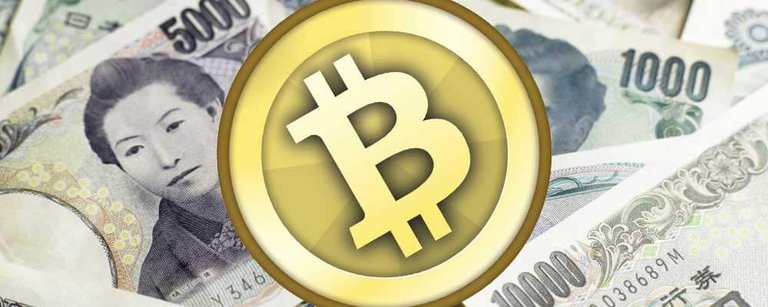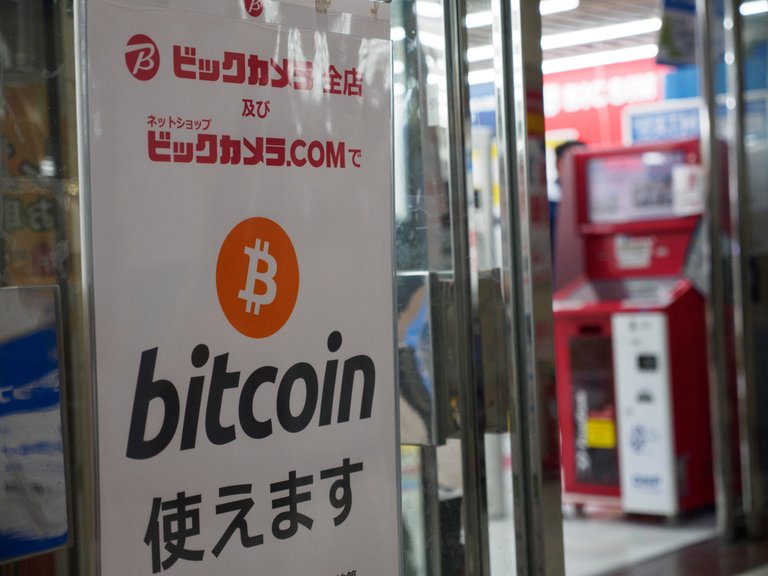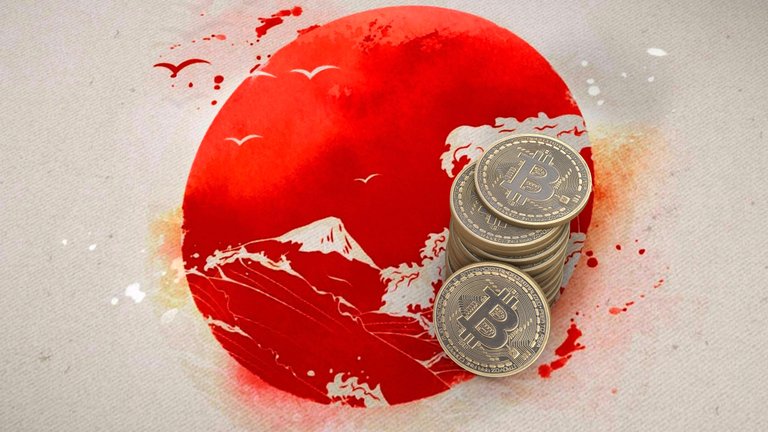
While Japan’s Prime Minister has recently voiced caution regarding crypto-related reforms, momentum is growing among lawmakers to embrace change. A Japanese MP, Satoshi Hamada, has formally urged the government to establish a national Bitcoin reserve, aligning with similar proposals from legislators in Argentina, Russia, and other nations.
Proposal for a Japanese Bitcoin Reserve
According to CoinPost and official parliamentary records, Hamada, a member of the Party to Protect the People from NHK, submitted a written question to the government advocating for the creation of a cryptoasset reserve fund. He cited global trends, noting that countries such as Brazil and the United States are exploring the possibility of holding Bitcoin (BTC) as a strategic reserve asset.
Hamada proposed that Japan convert part of its foreign exchange reserves into virtual currencies like Bitcoin. He highlighted the incoming U.S. administration’s decision to appoint a crypto-focused official, or “czar,” and pointed to Brazil’s initiatives as further evidence of Bitcoin’s rising prominence on the global stage.
The MP emphasized Bitcoin’s potential to become a “national strategic asset,” arguing that its adoption could strengthen Japan’s economic security and align with emerging international trends.
Decentralized and Neutral: Bitcoin’s Unique Appeal
Hamada underscored Bitcoin’s decentralized nature, explaining that its independence from specific countries or institutions makes it uniquely resistant to external political or economic influence. This neutrality, he argued, allows Bitcoin to support economic activity without reliance on traditional fiat currencies or centralized systems.

The lawmaker’s official document, titled “Question regarding the status of understanding the movement to introduce a national Bitcoin reserve in the United States and other countries,” called for Japan to recognize the strategic advantages of incorporating Bitcoin into its financial reserves.
The government has pledged to provide a written response to Hamada’s inquiry, which will likely be made public on its official website in the coming weeks.
Broader Political Support?
Although Hamada represents a small political party with only two parliamentary seats, his proposal may resonate with other lawmakers who share similar views. Japan’s restrictive crypto regulations have contributed to a contracting domestic market, prompting calls for reform from influential political and business leaders.
Many legislators envision Japan as a global blockchain and crypto hub, urging the government to adjust its tax laws and provide incentives to retain promising crypto startups. These reforms aim to prevent companies from relocating to more crypto-friendly jurisdictions and to encourage domestic innovation in blockchain technology.
Growing Crypto Adoption in Japan’s Business Sector
While the political landscape is divided, Japanese businesses are increasingly embracing Bitcoin and other digital assets. Some companies have already begun holding cryptocurrencies on their balance sheets as part of their financial strategies, reflecting growing confidence in the long-term value of blockchain-based assets.

Challenges Ahead
Despite this momentum, Japan’s new Prime Minister has expressed reservations about rushing into crypto reforms. This cautious approach highlights a key challenge: balancing the need for regulatory oversight with the desire to foster innovation in the crypto and blockchain sectors.
With mounting pressure from lawmakers and businesses alike, the government may soon be compelled to reconsider its stance on cryptocurrencies. Hamada’s proposal for a national Bitcoin reserve could serve as a catalyst for broader discussions about Japan’s role in the evolving global crypto economy.

